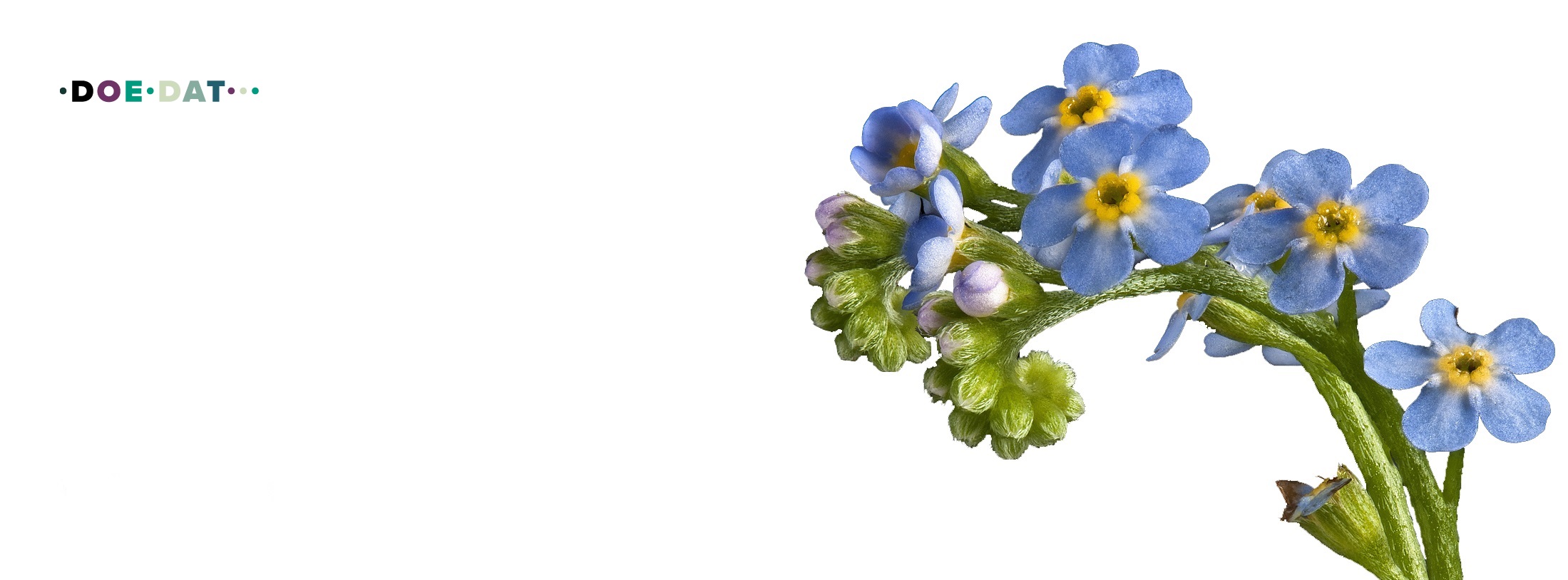DoeDat is associated with the DOE! project, which started in 2004 and was funded by the Flemish Government. The goal of DOE! was to provide digital access to cultural heritage collections.
Data Digitization: DoeDat is primarily concerned with capturing data from physical collections and converting it into digital formats. This digitization process is crucial for researchers as it allows them to access and analyze the data more effectively. Digitized data can be used for various studies and purposes, including biodiversity research and cultural heritage preservation.
Participation: DoeDat is a citizen science project that engages volunteers in the transcription of herbarium and specimen labels into digital formats. The projects within DoeDat focus on transcribing images associated with various institutions and organizations. Some of these projects include Stad Brugge, het FotoMuseum van Antwerpen, provincie Antwerpen, Natuurhistorisch Museum Luxemburg, CAVA, rozenverenigingen Piaget, Rosa Belgica, World Federation of Rose Societies, Royal Museum for Central Africa, Royal Belgian Institute of Natural Sciences, and KOERS Museum of Cycle Racing.
Data Accessibility: Once data is digitized, it becomes accessible to the scientific and broader communities. Various mechanisms are used to make this data available, including websites like the Global Biodiversity Information Facility, Botanical Collections, europeana.eu, and Plants.jstor.

